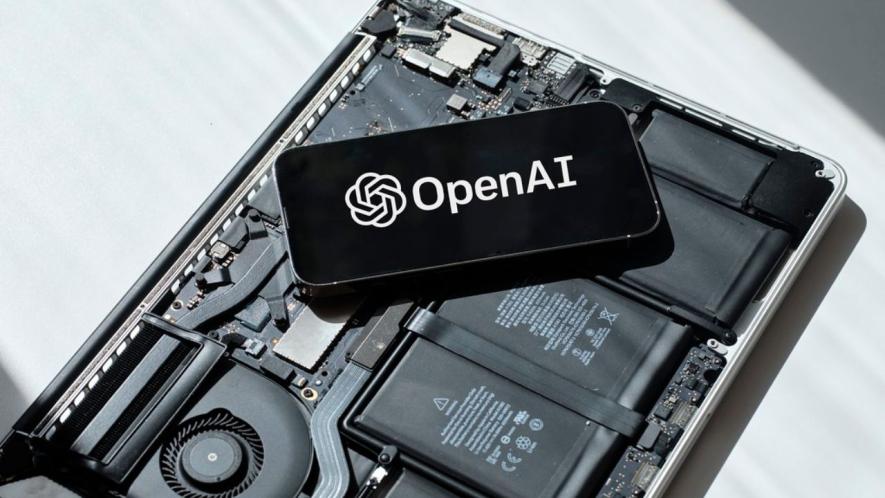Three Progressive News Outlets Sue OpenAI for Copyright Infringement

Image Courtesy: Flickr
OpenAI and Microsoft face lawsuits from news publishers for allegedly using journalists' work without permission to train their AI tools.
The Intercept, Raw Story, and AlterNet have claimed that ChatGPT, a popular AI tool, was trained with their copyrighted articles without proper attribution or respect for copyright laws. They argue that ChatGPT does not inform its users when it generates answers using protected journalistic work.
“Raw Story feels that news organisations must stand up to OpenAI, which is violating the Digital Millennium Copyright Act and profiting from the hard work of journalists whose jobs are under siege,” Raw Story and AlterNet’s CEO John Byrne said in a joint statement.
“It’s important to democracy that a diverse array of news sites continue to thrive. OpenAI’s violations, if not checked, will further decimate the news industry, and with it, the critical news reporters who affect positive change.”
The Intercept is suing both OpenAI and its main investor, Microsoft, while Raw Story and AlterNet are suing only OpenAI. However, the complaints are very similar, and all three news outlets are being represented by the same law firm, Loevy & Loevy. Raw Story and AlterNet chose not to include Microsoft in their lawsuit because of a partnership with MSN that supports their investigative reporting. .
“Defendants had a choice: they could train ChatGPT using works of journalism with the copyright management information protected by the DMCA intact, or they could strip it away. Defendants chose the latter,” the two complaints state.
The lawsuits filed on Wednesday are the most recent in a series of legal actions against OpenAI for alleged copyright infringement. This includes a lawsuit from the New York Times in December, which requested that OpenAI destroy any chatbots or training data using the newspaper's protected material.
The NYT lawsuit alleged that although the companies used information from various sources to develop their systems, they specifically focused on its content. The lawsuit claimed that they aimed to benefit from the Times' significant investment in journalism without permission or payment, essentially using it to create similar products.
On Monday, OpenAI's lawyers filed a motion to dismiss parts of the lawsuit, arguing that their services were not in direct competition with the newspaper.
The latest suits seek damages and profits from OpenAI, while the NYT suit states that the defendants should be held accountable for "billions of dollars in statutory and actual damages."
The surge in lawsuits reflects a widespread worry within the media industry that generative AI could become a rival to traditional publishers in providing information to internet users. This concern extends to the potential erosion of advertising revenues and the deterioration of online news quality. Generative AI has already flooded the internet with unreliable information and low-quality websites imitating news outlets. Some publications, like Sports Illustrated, have even employed fake authors generated by AI instead of human journalists.
Get the latest reports & analysis with people's perspective on Protests, movements & deep analytical videos, discussions of the current affairs in your Telegram app. Subscribe to NewsClick's Telegram channel & get Real-Time updates on stories, as they get published on our website.
























